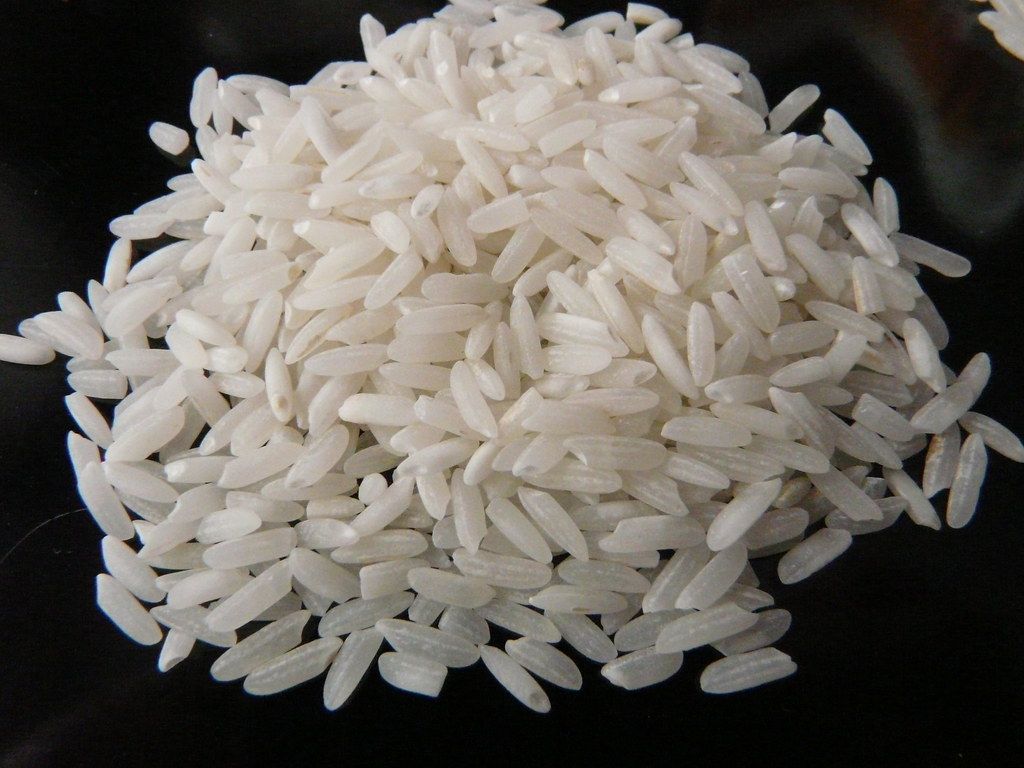Advertisement
The Perils of Leaving Rice Out Overnight: A Recipe for Food Safety Concerns
Rice is a staple in many cuisines worldwide, loved for its versatility and ability to complement a wide array of dishes. However, leaving cooked rice out overnight can pose serious health risks. In this article, we will delve into the dangers of neglecting proper food safety practices regarding rice.
- Bacterial Growth: Leaving cooked rice at room temperature creates an ideal environment for bacterial growth. Bacillus cereus, a common bacterium found in rice, can multiply rapidly in warm conditions. Consuming rice contaminated with these bacteria can lead to food poisoning, causing symptoms such as vomiting, diarrhea, and abdominal cramps.
- Toxin Formation: Bacillus cereus is not only known for its rapid multiplication but also for its ability to produce toxins. When rice is left out overnight, the bacteria can release toxins that may not be eliminated through subsequent cooking. Ingesting these toxins can result in foodborne illness, with symptoms ranging from mild discomfort to more severe gastrointestinal distress.
- Increased Risk of Foodborne Illness: The risk of foodborne illness significantly rises when cooked rice is left unrefrigerated for an extended period. The combination of warmth, moisture, and nutrients in rice creates an optimal breeding ground for bacteria, making it essential to refrigerate or freeze leftover rice promptly.
- Rice Storage Guidelines: To ensure food safety, it is crucial to follow proper storage guidelines for rice. Cooked rice should be cooled quickly and refrigerated within two hours of preparation. If you plan to consume it later, freezing is a viable option. When reheating, make sure the rice reaches a temperature of 165°F (74°C) to kill any remaining bacteria.
- Preventing Cross-Contamination: To minimize the risk of bacterial contamination, store cooked rice in airtight containers and avoid leaving it at room temperature for extended periods. When reheating, use separate utensils and cutting boards to prevent cross-contamination with raw ingredients.
- High-Risk Groups: Certain individuals, such as pregnant women, young children, older adults, and those with weakened immune systems, are more susceptible to foodborne illnesses. It is especially crucial for these high-risk groups to adhere strictly to food safety guidelines.
While rice is a delicious and nutritious staple, mishandling it can lead to severe health consequences. The dangers of leaving rice out overnight lie in the rapid growth of bacteria and the potential formation of toxins. By following proper food safety practices, including prompt refrigeration and reheating to recommended temperatures, individuals can enjoy rice dishes without compromising their health. Remember, when it comes to food safety, diligence in handling and storage is key to preventing foodborne illnesses associated with leftover rice.













